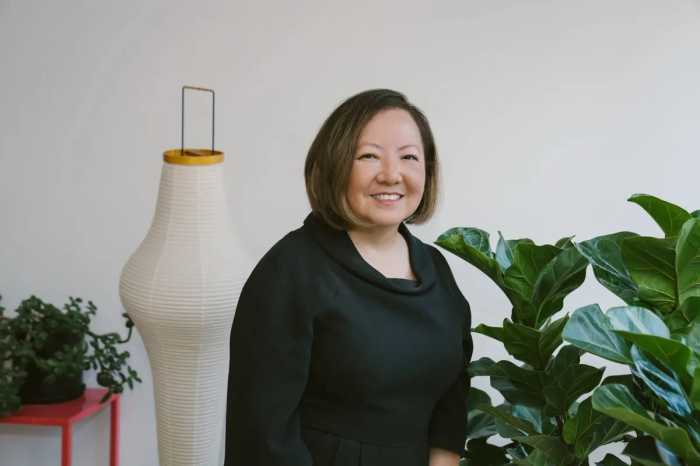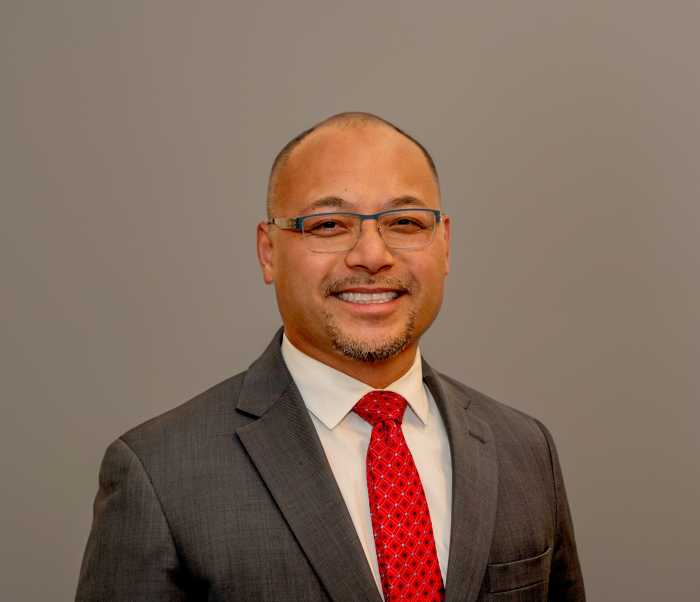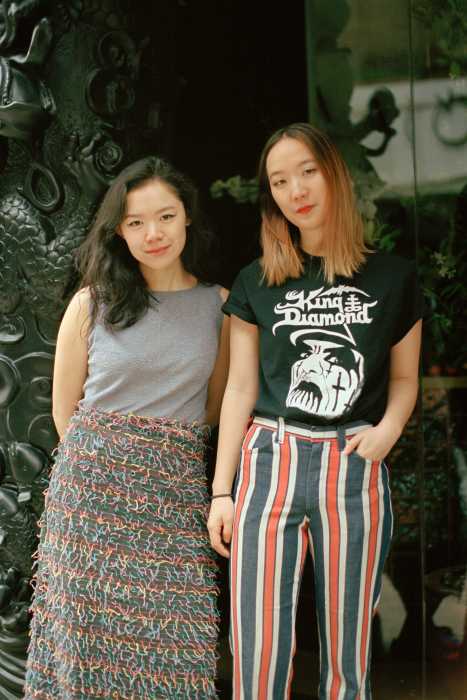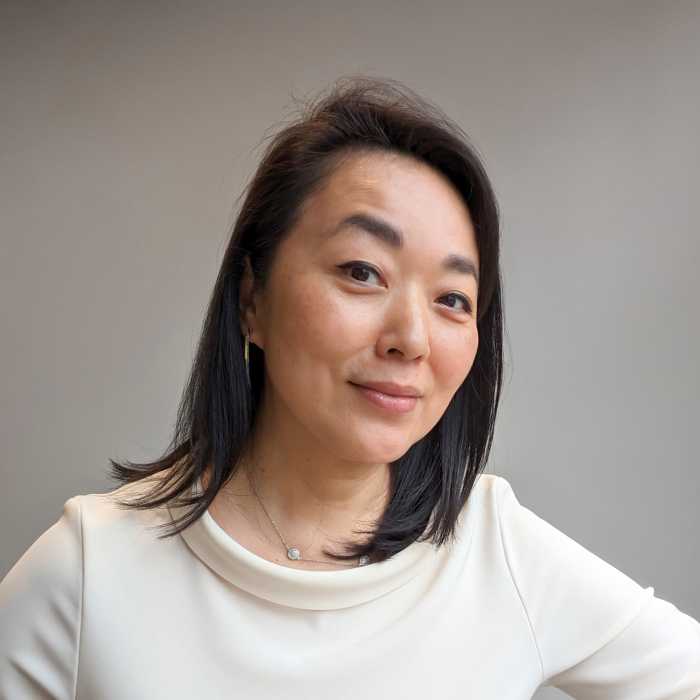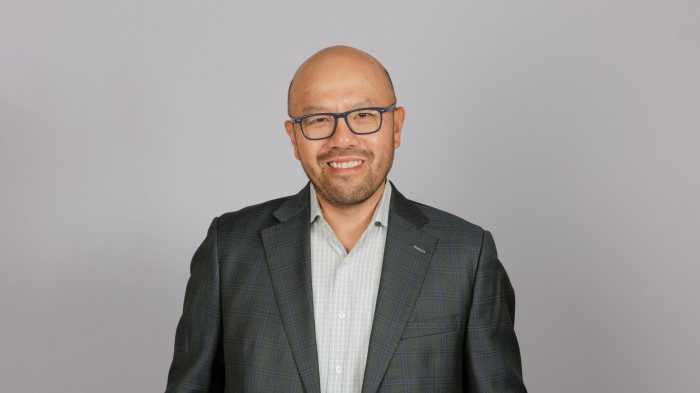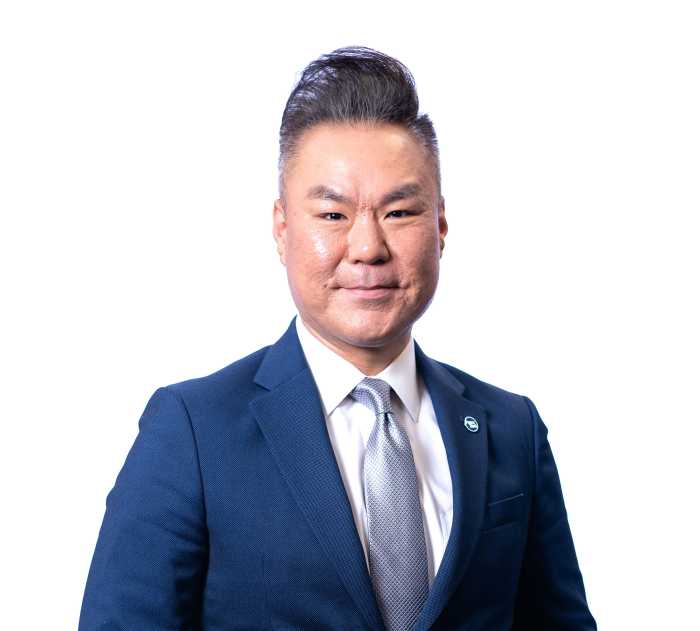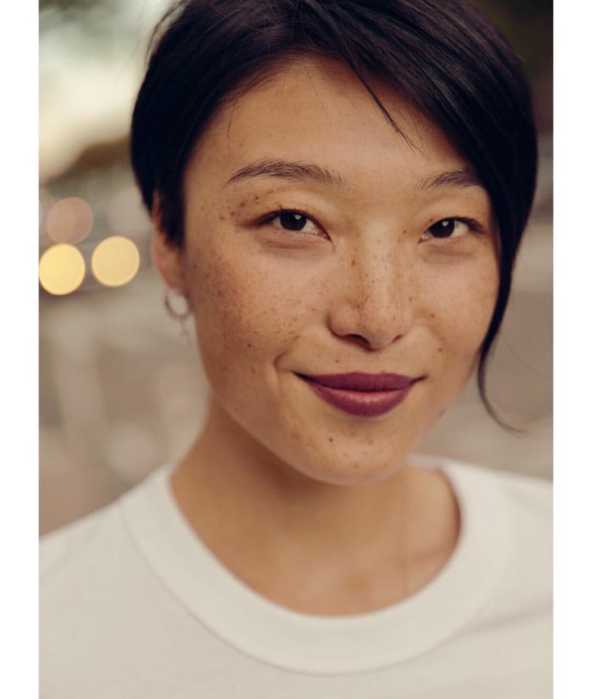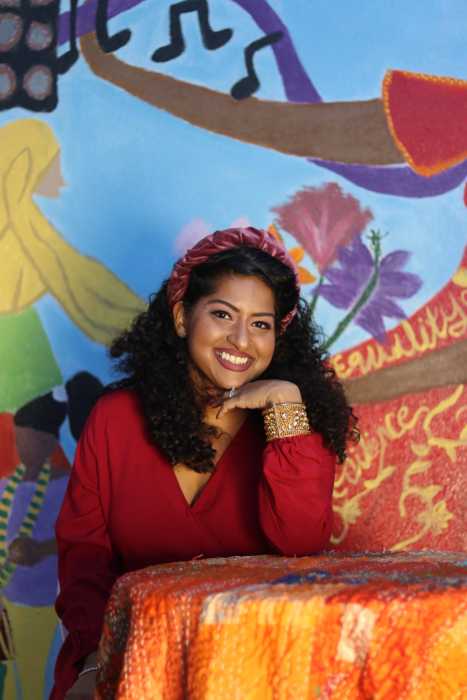Iliana Inocencio is a multi-hyphenate creative: comedy director, actor, writer, and producer. She’s showcased her comedic talent at Upright Citizens Brigade where she currently serves as New York Artistic Director. Her musical comedy group, AzN PoP! was named one of NBC Asian America’s Voices to Watch. Noteworthy credits include: CBS, Netflix, NBC, Max, MTV, Joe’s Pub, Kennedy Center, etc. She is driven by her passion for championing diverse perspectives and including all at the decision-making table.
If you could give your younger-self advice, what would it be?
- Your insecurities will become your superpowers.
- Be a fountain, not a drain. (But also, remember to fill your own cup first so you can help fill others’.)
- Growing older is phenomenal. Have fun!
- Everyone’s doing the best they can.
- The answer will always be love and community.
Do you have any event/movie/music suggestions for our readers to check out in celebration of AAPI Heritage Month?
Support comedy shows with Asian comedians like Asian Comedy Festival, Asian AF, Banana Ketchup, and my group, AzN PoP! Eat delicious meals at Asian-owned gems such as Urban Hawker for everything, but especially, Hainanese chicken rice, Kopitiam, Saigon Social, FOB Brooklyn for Filipino BBQ, King’s Kitchen for roast duck, and East Harbor Seafood Palace for dim sum. Shop small at any Asian-owned stores. (Remember, you can enjoy these experiences anytime, not just during AAPI month!)
How has your heritage shaped the person you are today?
When I reflect on my heritage, I think of my parents. They immigrated to the United States from the Philippines and Singapore with nothing but sheer determination. Overcoming obstacle after obstacle, they were able to build an amazing life here. Their example instilled in me a profound sense of resilience. I know I got that strength from them, my ancestors, and my heritage. I’m incredibly proud of them and being Filipina-Singaporean fills me with pride.
What can New York policymakers do to support the AAPI-community in the short-term? In the long-term?
As a creative, it’s disheartening to witness recent cuts in arts funding in a city full of artists. The arts profoundly impact ALL historically marginalized communities, including AAPIs, providing career opportunities, platforms for our voices, and solace. I urge policymakers to advocate for the arts and redistribute funds to libraries, cultural institutions, grant programs, and vital arts education initiatives like CUNY’s Cultural Corps. Artists and their creations are catalysts for cultural change. We need it!


